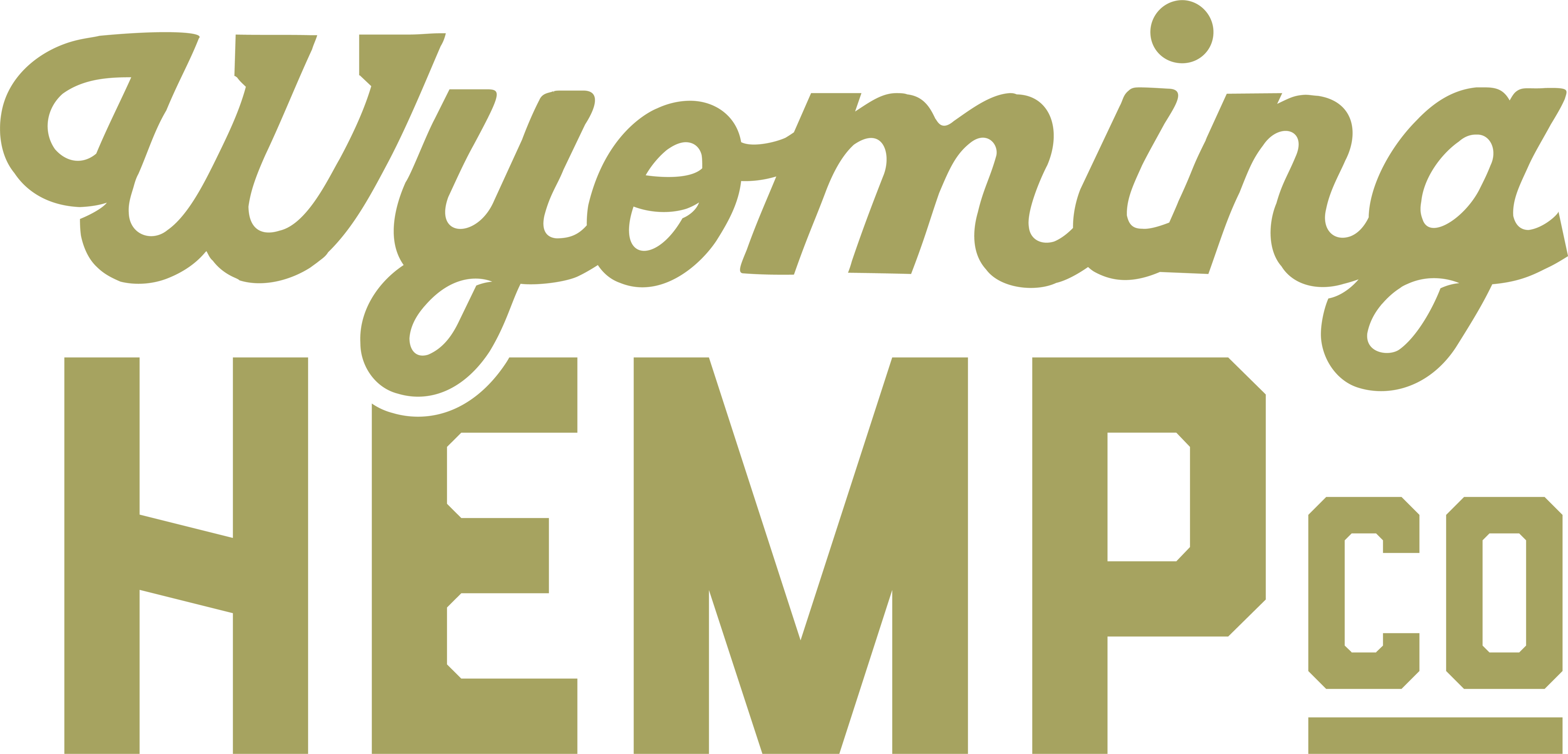What is Hemp?
A Guide to this Sustainable Superplant
By: Klacie Groene, PR and Communications Intern for the Wyoming Hemp Company
What is Hemp?
Hemp is a fast-growing plant that is used primarily for strong fiber, making it a valuable crop for industrial use. For over 10,000 years, hemp has been cultivated in many different parts of the world. Hemp has a unique makeup, utility and reputation making it a sustainable alternative for agriculture and manufacturing.
The Benefits of Hemp
There are numerous benefits of using hemp for producers and consumers. It is both sustainable and versatile. The best part? Every part of the plant can be used in some type of product. There are both agricultural and product advantages when it comes to this sustainable superplant!
Agricultural Benefits
-
Sustainable Crop: Most hemp varieties are ready to harvest in 90-100 days
-
Low Water Usage: Requires less water than other row crops
-
Carbon Sequestration: Absorbs large amounts of carbon dioxide
-
Improves Soil Health: Enhances water retention through deep root systems and conducts phytoremediation— which is the process of removing toxins from soil as plants grow
Product Benefits
-
Hypoallergenic: A good alternative for animals and pets with sensitive skin
-
Highly Absorbent: Absorbs up to 4x its weight in moisture
-
Odor-Reducing: Reduces ammonia odors and other nasty smells
-
Low-Dust: Minimal dust gives your barn a clean feel
Where are Hemp Products Used?
Hemp is an adaptable plant that has a lot of opportunities to be used in various industries.
-
Agriculture: Used in poultry, livestock and equine Industries as bedding and feed supplements
-
Construction: Hempcrete, Hemp Boards and other eco-friendly building materials
-
Textiles and Fibers: Clothing, ropes, bioplastics and paper products
What Makes Hemp Different from Other Cannabis Plants?
Hemp is often associated with other Cannabis plants such as marijuana. The biggest difference lies in the chemical composition of the plants, specifically in the Tetrahydrocannabinol (THC). Hemp legally contains no more than 0.3% THC which means it does not have the psychoactive effects.
In recent history, hemp has had a negative connotation in countries like the United States. People mistake hemp for marijuana. In fact, hemp has played a vital role in sailing, rope making, and even in winning wars and battles.
The proper knowledge of this crop and its many important uses can help shape the future of farming, business, and the economy. In order for this to happen, we must create policies that help re-establish and scale the hemp industry in the United States so we can grow our economy. Hemp is not just a crop used for fiber, but plays a major part in sustainable innovation.
Conclusion: The Future of Hemp
Many industries are seeking eco-friendly, renewable solutions allowing hemp to make a strong comeback. With many benefits that are proven within agriculture, construction, health and sustainability, this plant is positioned to lead the way for a greener and sustainable future.
You can learn more about industrial hemp by reading more of our related blog article:
Hemp for Victory: The Airborne Lifeline of D-Day: https://wyominghemp.us/blogs/news/hemp-for-victory-the-airborne-lifeline-of-d-day
The Hemp-Driven Economy: A Third Option for America’s Future:
https://wyominghemp.us/blogs/news/the-hemp-driven-economy-a-third-option-for-americas-future

